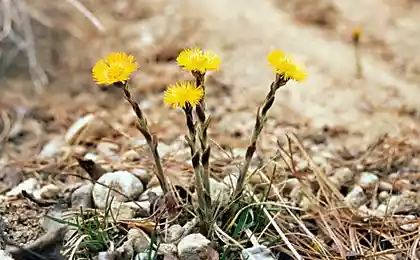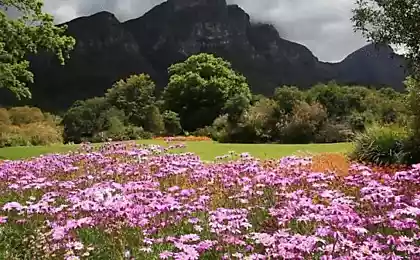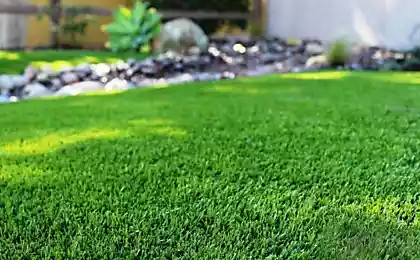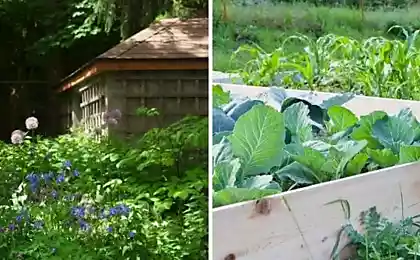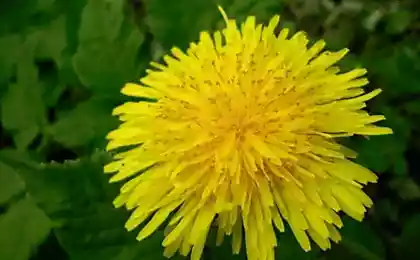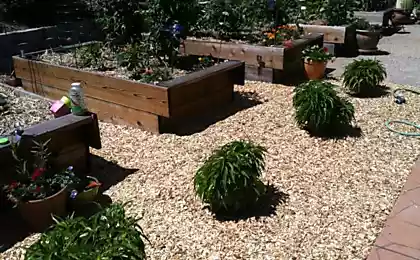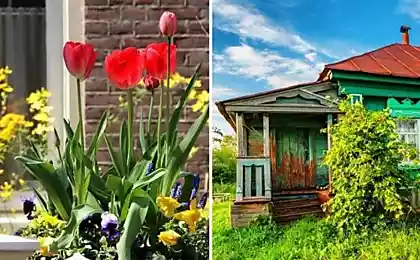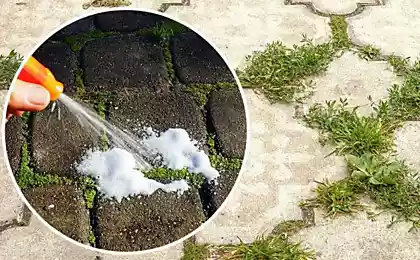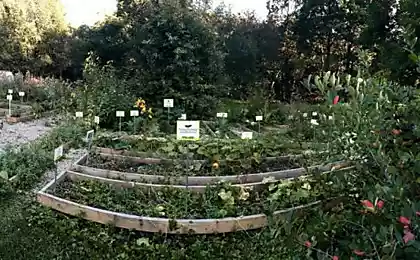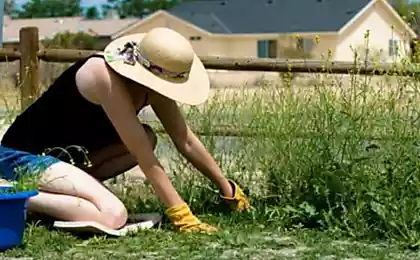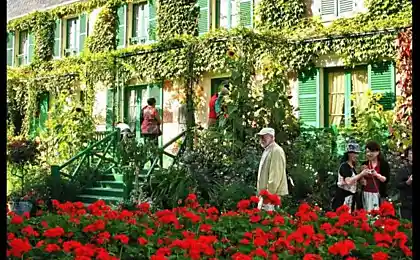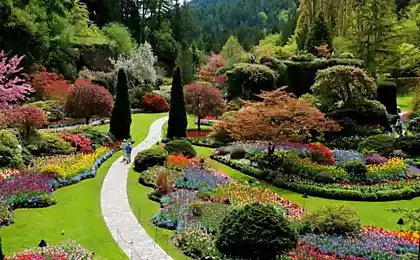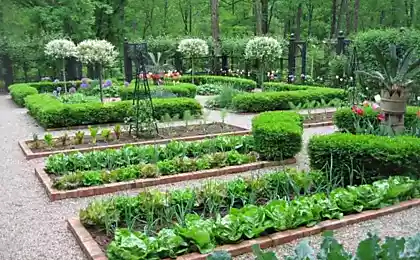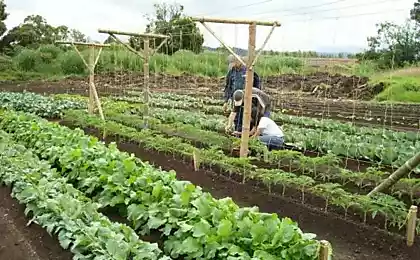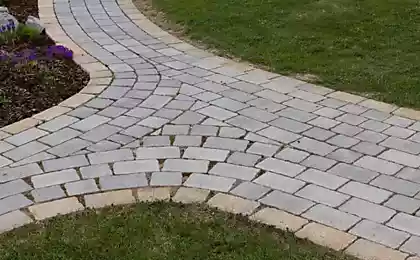169
In which cases do not need to remove weeds
The fight against weeds in the garden always seems endless. New ones appear so quickly that you have to live in a garden or garden to get rid of them all. Do you have to remove every plant you have not planted? Today we understand the types of weeds and how to destroy them.
Weed control in the garden Why are we fighting weeds? They prevent the development of cultivated plant species that have been planted specifically. Weeds take away nutrients and precious moisture that should go to our cabbage, cucumbers or tomatoes. And the garden looks very untidy.
619422
Especially do not want to see weeds in your garden like dandelions or nettles. The presence of extra plants is especially unacceptable if you have created a thematic flower-bed. Perhaps sometimes you need to simplify your attitude, if you do not want to spend all your free time weeding the site.

Unfortunately, the nature of weeds is such that they survive even in the worst conditions. A small part of the root left after digging is enough for the plant to fill most of the site. The seeds of some weed plants can lie at great depth for years, safely surviving frosts or drought. That is why it is impossible to dig a garden and get rid of weeds once and for all.

Chemical soil treatment for weed control Now on the market you can find many substances that can help get rid of weeds. However, they are not only bad for these plants. The soil treated with “chemistry” is salted over time, because the microflora in it is destroyed. Also. chemicals They disrupt the overall acid balance. These factors affect all plants.

Fruits and vegetables grown on treated soil do not inspire confidence in many. Most gardeners who want to grow greenfruitChoose other ways to get rid of weeds.

The best ways to deal with weeds In the first place, of course, mulching. It's called mulch, that is, crushed material of inorganic and organic origin. Mowing grass is an ideal option for a garden.

Gardeners often use a compacted planting scheme and combined planting. In order to see the effect of this method of weed control, it takes some time. At first, weeds will still try to compete with cultural varieties, but after a while the latter will completely displace them.

Mulching flower beds is a little different. As a coating material, a material with a long decomposition period is used, which does not transmit sunlight well: needles, wood bark or even inorganic versions.

And you can completely reconsider your attitude to weeds. Some of them are very useful. For example, they can serve mulch on their own. The absence of bare land has many advantages. The land is less dried and weathered during hot days. And when it rains, it doesn't sour.

Nettle, swan and dandelion are excellent fertilizers if mowed and brewed, because they contain a lot of nutrients. Why not use them for good?
Weed control in the garden Why are we fighting weeds? They prevent the development of cultivated plant species that have been planted specifically. Weeds take away nutrients and precious moisture that should go to our cabbage, cucumbers or tomatoes. And the garden looks very untidy.
619422
Especially do not want to see weeds in your garden like dandelions or nettles. The presence of extra plants is especially unacceptable if you have created a thematic flower-bed. Perhaps sometimes you need to simplify your attitude, if you do not want to spend all your free time weeding the site.

Unfortunately, the nature of weeds is such that they survive even in the worst conditions. A small part of the root left after digging is enough for the plant to fill most of the site. The seeds of some weed plants can lie at great depth for years, safely surviving frosts or drought. That is why it is impossible to dig a garden and get rid of weeds once and for all.

Chemical soil treatment for weed control Now on the market you can find many substances that can help get rid of weeds. However, they are not only bad for these plants. The soil treated with “chemistry” is salted over time, because the microflora in it is destroyed. Also. chemicals They disrupt the overall acid balance. These factors affect all plants.

Fruits and vegetables grown on treated soil do not inspire confidence in many. Most gardeners who want to grow greenfruitChoose other ways to get rid of weeds.

The best ways to deal with weeds In the first place, of course, mulching. It's called mulch, that is, crushed material of inorganic and organic origin. Mowing grass is an ideal option for a garden.

Gardeners often use a compacted planting scheme and combined planting. In order to see the effect of this method of weed control, it takes some time. At first, weeds will still try to compete with cultural varieties, but after a while the latter will completely displace them.

Mulching flower beds is a little different. As a coating material, a material with a long decomposition period is used, which does not transmit sunlight well: needles, wood bark or even inorganic versions.

And you can completely reconsider your attitude to weeds. Some of them are very useful. For example, they can serve mulch on their own. The absence of bare land has many advantages. The land is less dried and weathered during hot days. And when it rains, it doesn't sour.

Nettle, swan and dandelion are excellent fertilizers if mowed and brewed, because they contain a lot of nutrients. Why not use them for good?
Star divas who exchanged the figure for the happiness of motherhood
How to move heavy furniture without calling loaders
